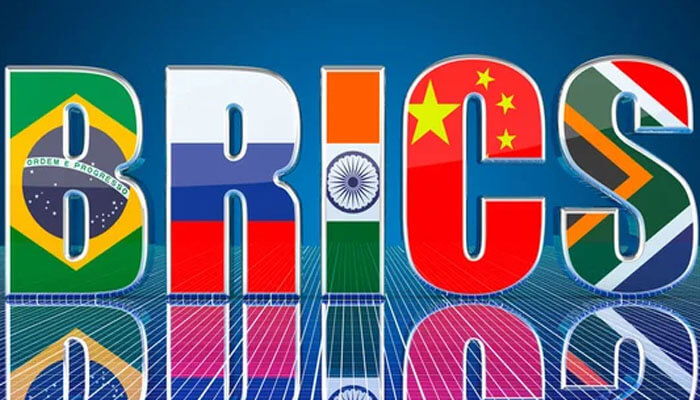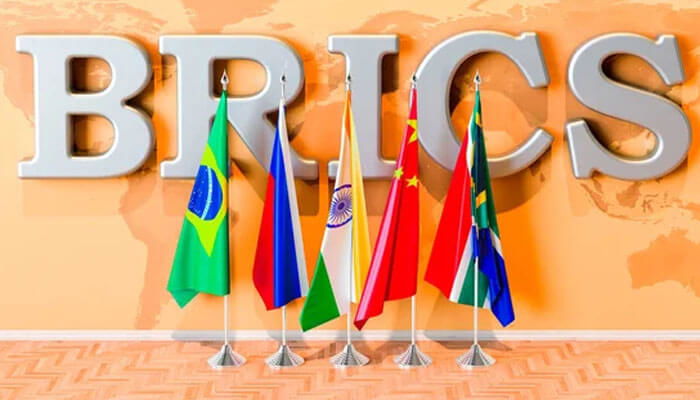This week’s meeting in Johannesburg brings together the heads of the BRICS developing economies, which together make up nearly a fifth of the world’s wealth. They hope to increase the group’s influence and promote a change in geopolitics on a global scale.
Brazil, Russia, India, China, and South Africa are the five major emerging economies that make up the BRICS acronym. Annual summits between these nations are held to discuss a range of topics of shared concern, including as economic cooperation, global governance, and geopolitical challenges. Discussions about commerce, investments, political collaboration, and regional and international issues are frequently included in these gatherings.
The 15th BRICS summit, which will take place in 2023, is an annual gathering of the leaders of the five BRICS nations (Brazil, Russia, India, China, and South Africa), who discuss world affairs.
In addition to Xi Jinping of China, Narendra Modi of India, and Luiz Inacio Lula da Silva of Brazil, Cyril Ramaphosa of South Africa will welcome them for the annual three-day summit beginning on Tuesday. Vladimir Putin, the president of Russia, will also participate virtually.
Putin made the decision not to attend in person since he is the subject of an arrest order issued by the International Criminal Court, which South Africa is obligated to execute if he enters the nation. Sergey Lavrov, the foreign minister, will go to Johannesburg instead.
At least 40 nations have indicated interest in joining, and 23 of those have formally made applications to join the BRICS, indicating an increasing level of interest in the group. The BRICS nations, which were formally established in 2009, presently make up 42 percent of the world’s population and 23% of the global GDP.
One of the reasons nations are rushing up to join is “the very polarised world we live in, that has been further polarised by the Russia-Ukraine crisis, and where countries are being forced to take sides,” according to Anil Sooklal, South Africa’s ambassador-at-large for Asia and the BRICS.
Chen Xiaodong, the Chinese ambassador to Pretoria, stated at a briefing that the existing global governance structure has become inefficient, weak, and absent in action, adding that BRICS are “increasingly becoming a staunch force in defending international justice.”
“Southern countries don’t want to be told who to support, how to act, or how to manage their own internal affairs. They are now powerful enough to defend their separate positions, Sooklal continued.
Many nations interested in joining the club “are seeing BRICS as an alternative to the current hegemony,” according to Lebogang Legodi, a lecturer in international politics at the University of Limpopo.
During the meeting, a “Friends of BRICS” program will be attended by about 50 additional leaders.
“BRICS and Africa: Partnership for mutually accelerated growth, sustainable development, and inclusive multilateralism” is the topic of this year’s event.
It occurs at “a critical inflection point,” according to Steven Gruzd of the South African Institute of International Affairs’ Africa-Russia Africa project.
Sooklal predicts that a decision about BRICS membership expansion will be made at the summit’s conclusion.



